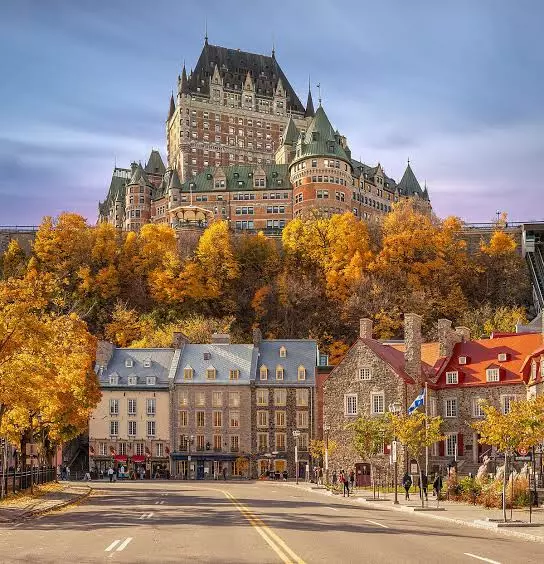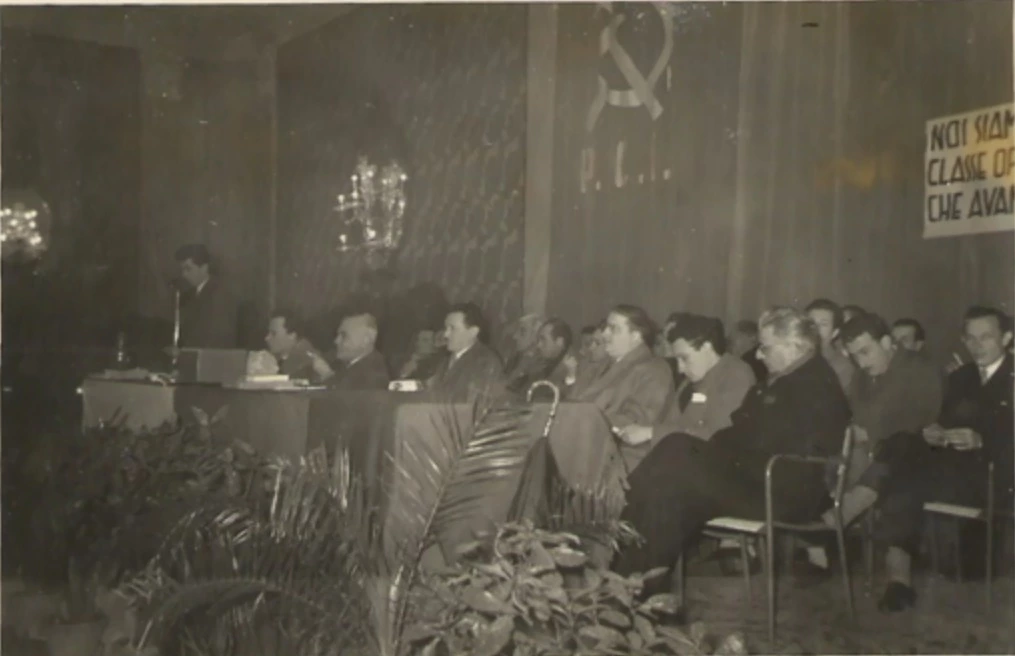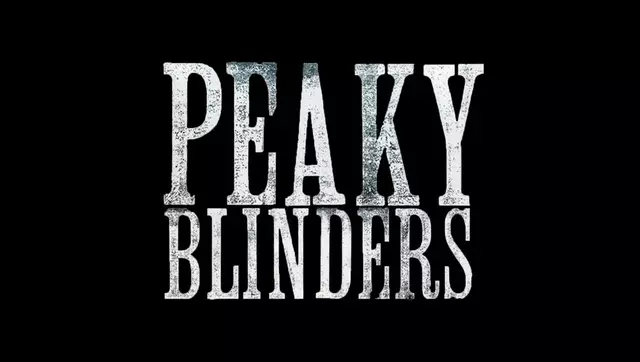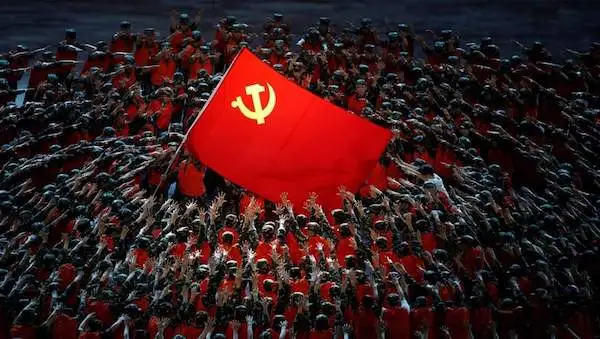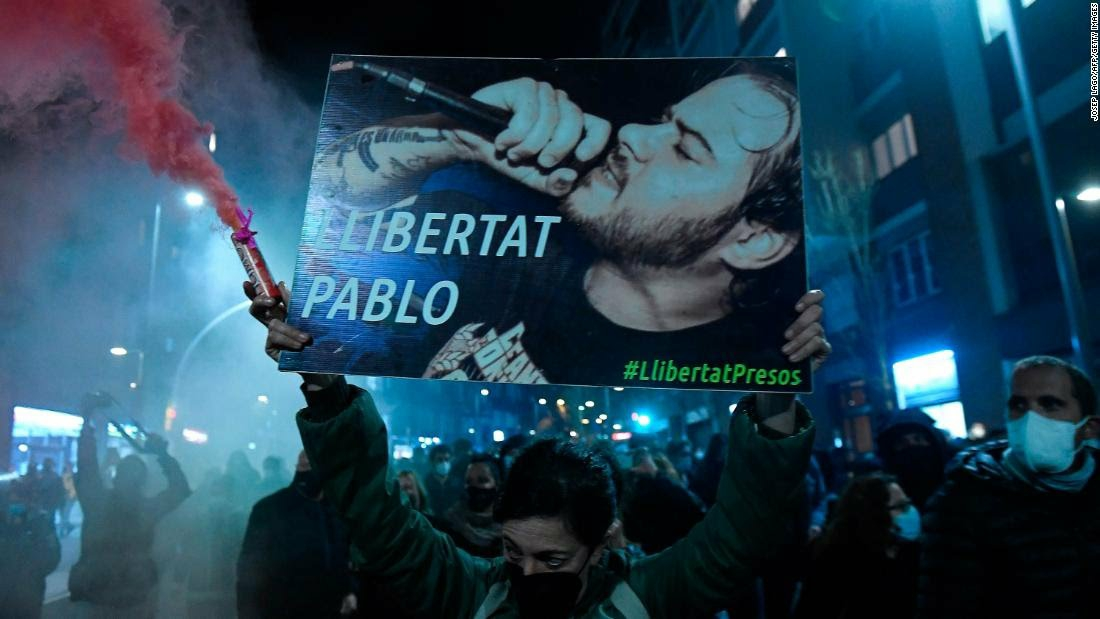Continuation of the second chapter
It was during my excursions to the Morrin Center, located not far from where I lived on Mont Carmel, that I found some peace of mind, and I could read in peace, and meet others there who were avid readers. A vibrant cultural center, the elegant English-language library of the Literary and Historical Society of Quebec was established in 1868. What is unique about this library is its collection of historical documents, and these include original scientific, historical, and literary articles from the nineteenth century, as well as quality reprints of older historical manuscripts and journals that found themselves here through various international agreements of exchange among libraries and nation-states.

As in all historical places in Quebec City, there are contradictions, and the Morrin Center is no different as it was once a part of the Royal Redoubt (1712–1808) and the Quebec City Common Gaol (1813–1868). In the autumn, I especially liked to go there and sit in the old leather chairs and read the books that I brought with me or browse through the tall bookshelves there. The young librarian published one of my poems on Quebec City during the first days of the plague as well as a watercolor I created of Cape Diamond, and I eventually gave it to her as a gift. There is something very ironic about the Morrin Center, and that is many of the English-speaking Québec citizens are strong supporters of French Québec culture, and at the same time they are more than aware of how they have to fight to maintain a voice among many here who consider anyone who is not a Québécois as being 'a foreigner'. I am one of those singled out also, but I admit that because of my Latin heritage, I do not suffer the same inequality as the English Canadian who lives among the Québécois in Quebec City.

Such were my many excursions in Quebec City prior to the first year of the plague. I did not have the pleasure or opportunity to visit the outskirts of the villages located near Quebec City that Henry David Thoreau had during his trip to the walled city. But I went many times during the first days of autumn and during the months of December, January and early February, as the snow was beginning to wane, to the working-class areas around Boulevard Langelier, Rue St-Joseph, Rue St-Vallier and Rue due Roi, and I always felt welcomed in those communities. It was especially on Rue St-Joseph, that I felt at home and the street reminded me of the main street called Douglas and a historical area known as Old Town, in Wichita, Kansas, where I lived as a teenager.
I visited the cafes and bakeries and went into the stores where the workers bought their clothes and kitchen supplies and talked with people on the streets with my halting, bad French. But they did not complain or criticize me like they did within the wall, where the bourgeoisie in Upper Town lived. I always carried my Leica Q, but because I was so taken by the casualness down in those streets, and with the laughter there among the working-class Quebecois that I forgot to take photos. I simply immersed myself among them, forgetting about writing about history and all the struggle and tragedy that went with it. For among the Québec people in those working-class districts, I did not have to prove anything, simply be myself, and I would go to the pubs, and I watch football, and thought how I missed coaching F.C. Vermont-Champlain.
